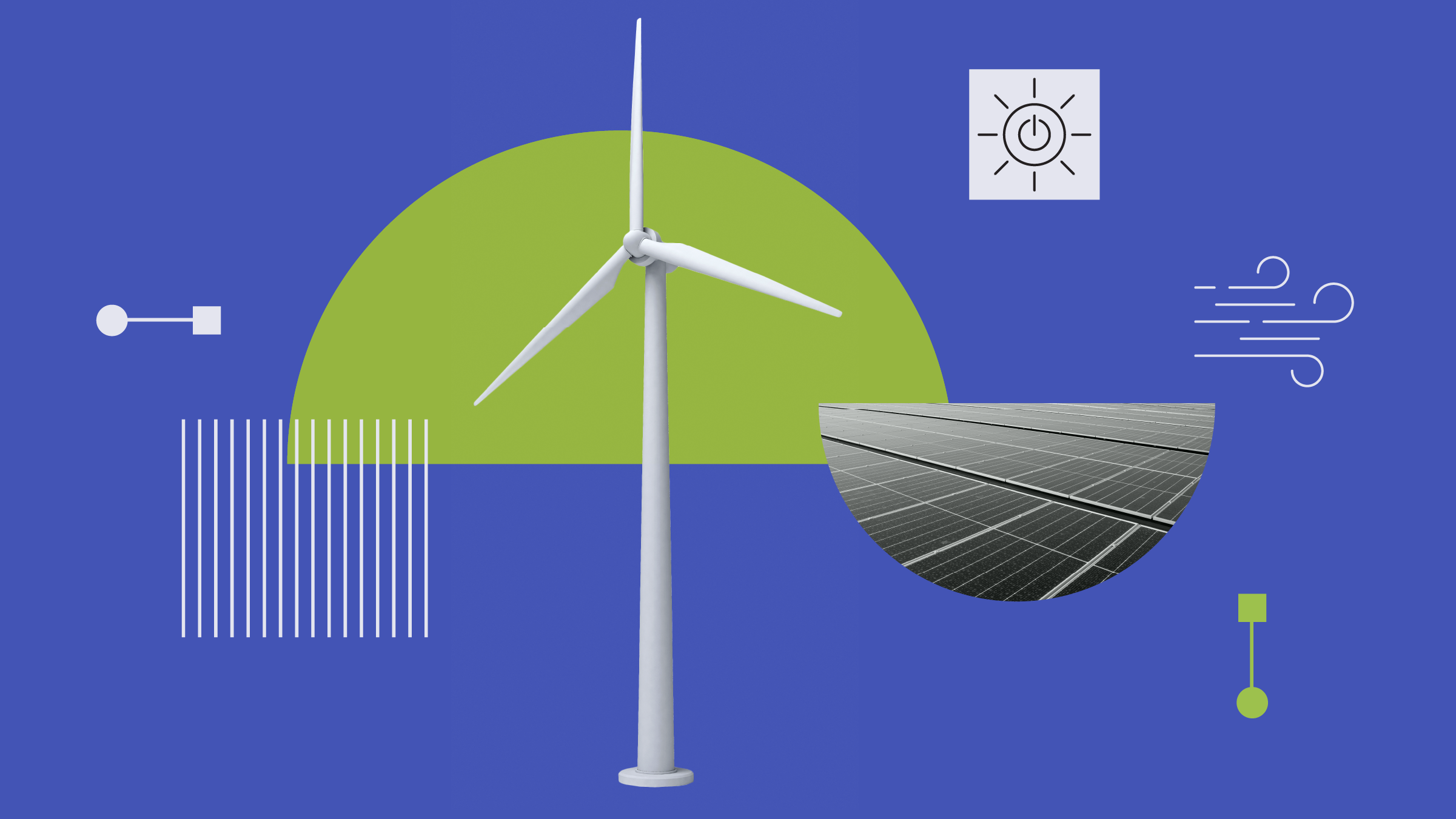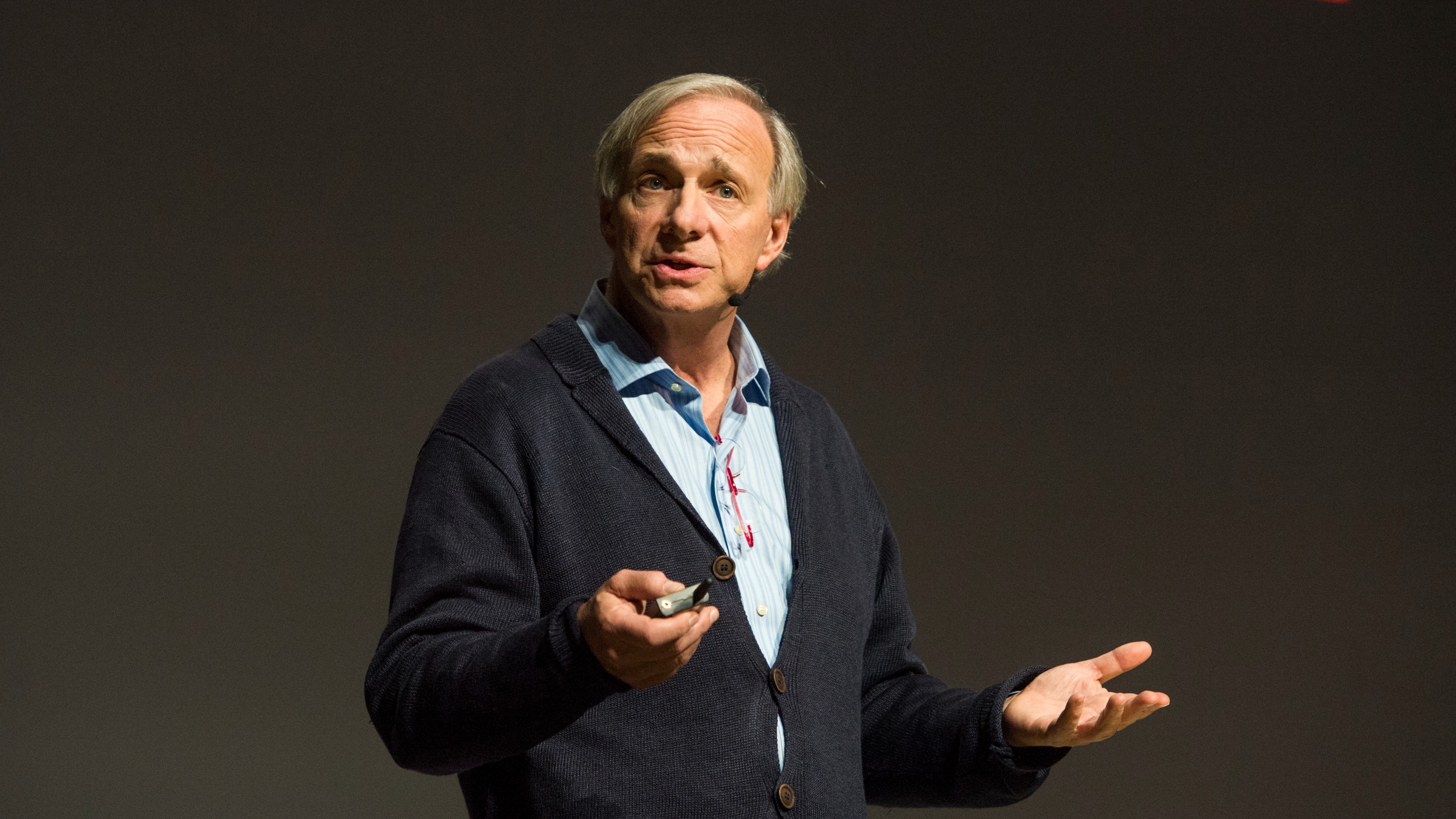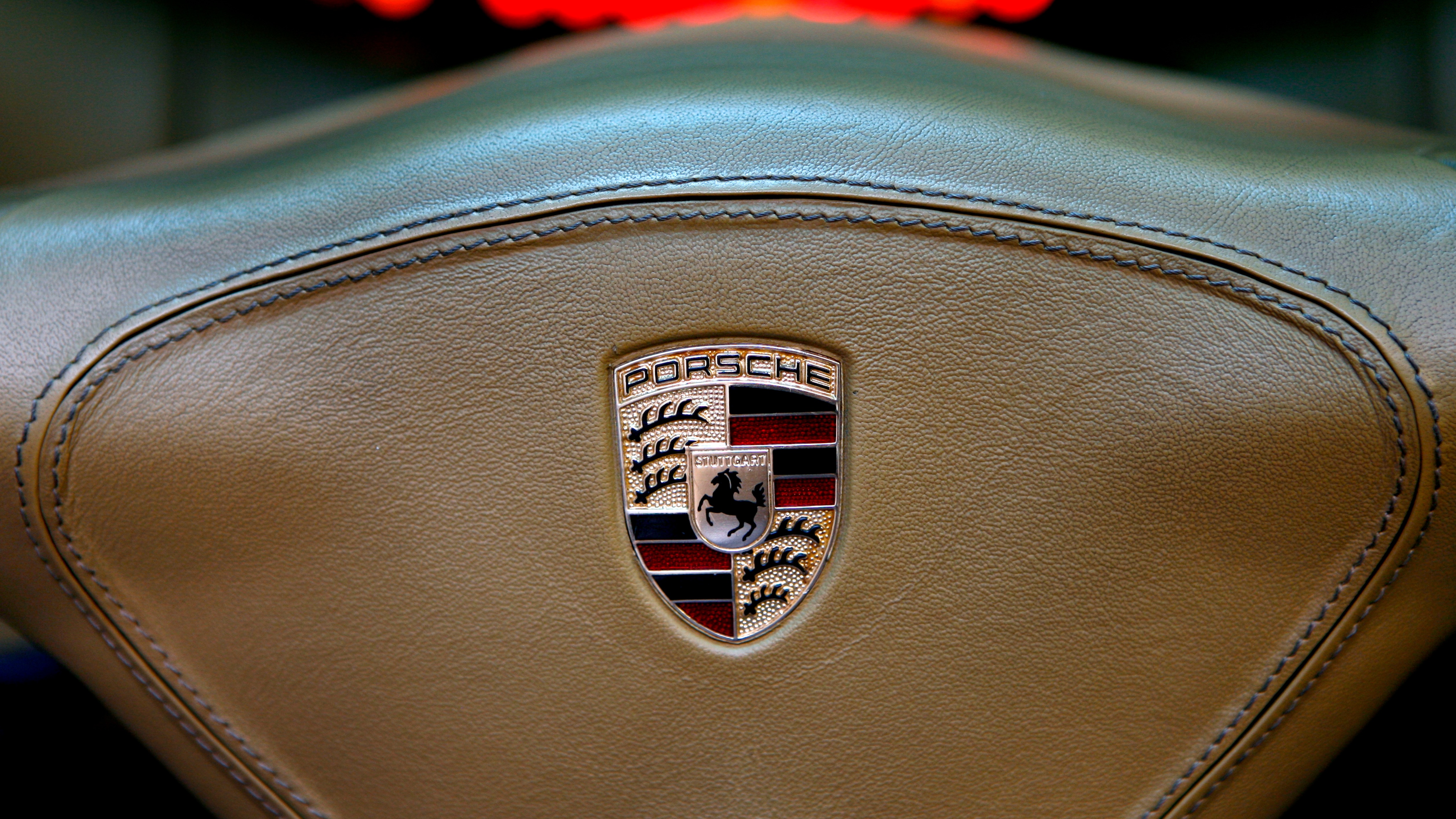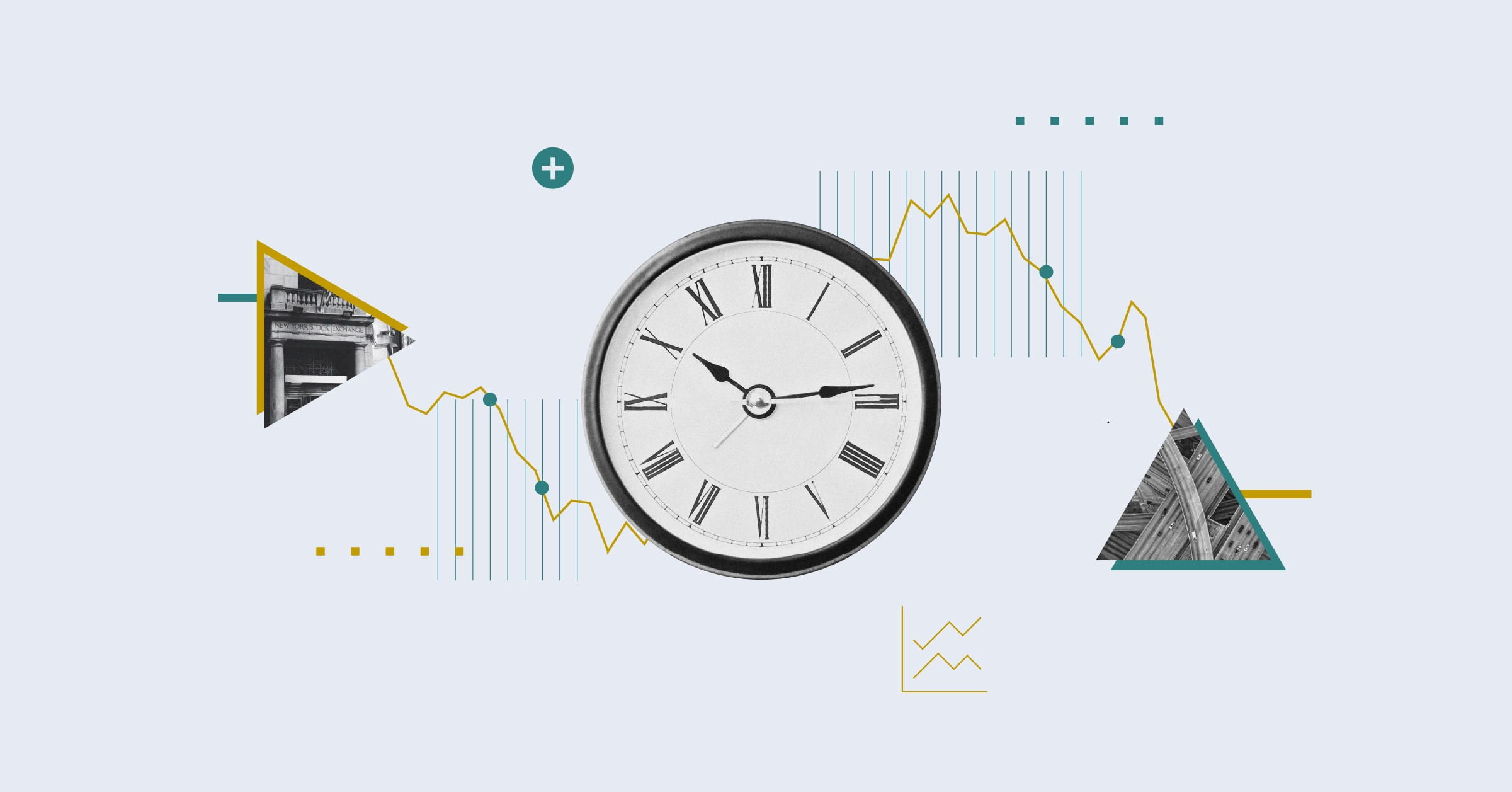Emma Wall: Hello and welcome to Morningstar. I’m Emma Wall, and here with me today is Simon Pickard of Carmignac Emergents to talk about his three favorite emerging markets.
Hello, Simon.
Simon Pickard: Hi, Emma. How are you doing?
Wall: Very well, thanks. So we’ve talked this week in our Emerging Market Week about how emerging markets are actually diverging markets and not all of them are moving in the same direction. So I thought maybe you could pick out three emerging markets with promise for us, starting perhaps with India?
Pickard: Sure. I think India is a very interesting story. Clearly, we all know what’s happened with the election in India, but I mean we always find that if you pick emerging markets purely on politics, you’re probably going to go wrong. What you need to do is have a combination of politics and the right economic momentum. And I think what’s so interesting about India today is not only that we have a government that finally seems to be doing things, and we’ve now had six months of the Modi government, I think, they’re doing the right sort of thing.
But Modi has come in at a time when the Indian economic cycle we think has bottomed. India is a very cyclical market and we had five years of very, very low investments, very low credit growth in India, and I think that we’re at the bottom of the cycle. And so we are going to have, I think, for the next five years a story of improving politics plus the economic cycle being in our favour, so re-leveraging, bank credit going up, and that’s exactly what you want from emerging markets.
Wall: And it’s important then to take that five-year view because I think a lot of people think this getting a new Prime Minister is an overnight success story for stock markets, but it’s not the case?
Pickard: No. I mean, what’s been very interesting in India is that actually – if you would have told me at the beginning of the year that Modi was going to get elected and that interest rates would come down and inflation would come down and everything, then you probably wanted at the beginning of the year to go out and buy, for example, infrastructure stocks; for example, property stocks. And if you’d have done that the beginning of the year in a stock like DLF (532868), which is India’s biggest property company or Jaiprakash (532532), which is the infrastructure company that built the Formula 1 racetrack famously, you’d have made money up into the election, but you’d have lost since the election, probably 60% of your money.
So, even in these stocks that you would think would be fantastic beneficiaries of everything that’s going on in India, you’ve lost a lot of money, whereas where you made money has tended to be the sort of the steadier cash flow companies, Tata Motors (500570), Bharti, these kind of things.
So it’s yet again a lesson if we needed as if we needed another one that you must pick good companies even in a place like India where I think a lot of things are going the right away.
Wall: And what’s your second emerging market with promise?
Pickard: Look another market that we like a lot is the Philippines. The Philippines is difficult because it’s fairly illiquid market. I think you’re restricted as to what you can buy, but I mean the Philippines – again rather like India we like markets that haven’t done much for long time and the Philippines has never really recovered from the Asian crisis.
So, you know, pre-Asian crisis, we've only just more or less now got back to this kind of cement production that we had in the Philippines 15 years ago. So, it's been a long slow 15 years for the Philippines and that means that there is not much gearing in the economy. They obviously are big beneficiaries of remittances from Filipino workers from abroad. So, we have good balance sheets.
We have growth coming back. We have a government that has done a much better job these last few years. And again, if you look at some of the infrastructure companies, the telecoms, some of the consumer companies, I think the Philippines again is a nice long-term story, but without the liquidity that you can get in India.
Wall: And what perhaps is your third emerging market?
Pickard: Well, funnily enough, the third emerging market which I think is very different is Saudi Arabia. So, I've given you sort of two stories of obvious kind of under penetration export-led, et cetera. I mean, Saudi might not be that obvious and it's difficult to invest in Saudi Arabia. 98% of the Saudi market is dominated by domestic investors and particularly retail investors. It's very difficult to invest. We do it through sort of swap systems. The Saudis have finally said they will open up the stock market. We've been waiting for that for years. They now appear to want to do it sometime in 2015.
And I think the interesting thing with Saudi is that it's a proper emerging market unlike others in the Middle East and that you have a big young population. It's not like sort of Qatar or UAE which are sort of pseudo-emerging markets. It really is – you do have a consumption story there. You also have fantastic balance sheets. You have a market which because it's so dominated by domestic retail is very, very inefficient.
So, for example, all domestic retailers want dividend streams, because they don't get income from their bank accounts. So, you get a stock in Saudi that announces dividend increase, the stock goes up 20% overnight. So, there is a lot of inefficiencies and there are a lot of things that we don't think the domestic retail investor really looks at. So, we like very much SABIC which is the big petrochemicals business. Why SABIC, because it's one of the few places that you can actually make money as a petrochemicals company today. You can make money in the U.S. because of shale gas. You can make money in the Middle East. It's almost impossible to make money in petrochemicals elsewhere in the world.
So, we think that these, sort of, businesses at the bottom of the cost curve are going to do very, very well long term. So you get lots of cash flow which is unusual for a state-owned entity in emerging markets. You don't get cash flow from Gazprom or PetroChina, but do you get cash flow from SABIC. So that for people like us can put the structures in place to buy that market. I think that's going to be a market that everyone will be looking at in a year or two's time when it opens up. But in the meantime, we think that there are a lot of inefficiencies that you can look at. So, a very different story from India and Philippines, but also one that for us scores very highly in our country allocations.
Wall: Simon, thank you very much.
Pickard: You're very welcome.
Wall: This is Emma Wall for Morningstar. Thank you for watching.





























